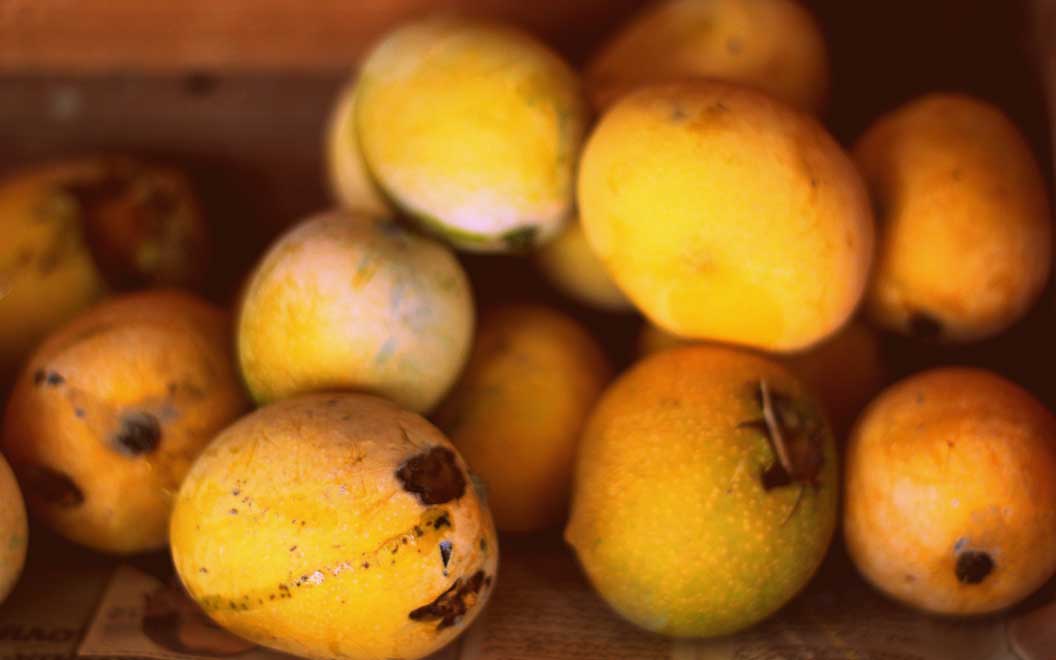After a self-imposed ban of eight years, Kenya is ready to resume a multi-billion-shilling mango export business to the European Union (EU) this September. The ban resulted from interceptions due to fruit flies. Kenya has undertaken satisfactory measures to deal with the situation. The EU approved Kenya’s resumption of exports after tests showed reduced levels of pest infestation.
This action is a major advantage to thousands of families that depend on the mango tree for their daily bread, with the country earning close to 5 billion shillings in foreign exchange reserves at the peak of its export to the European market.
To meet the market standards, the Kenya Plant Health Inspectorate Service (Kephis), a body responsible for quality assurance of agricultural inputs and produce, is developing a certification protocol that will ensure mangoes exported have zero pests. Additionally, the Chief Inspector of Kephis, George Momanyi has disclosed that the United States Agency for lnternational Development (USAID) is ready to collaborate with the private sector to fund hot water treatment facilities that will help eliminate fruit flies before they are shipped overseas.
‘’The tool is to ensure certification is good. We will ensure we go by it. There is the hot water treatment which USAID committed to financing part of the private sector to invest in.’’
TECHNOLOGICAL ADVANCEMENT
Speaking on new technologies, he opined that they would be a game-changer when infused with the Kenyan industry.
“As you eliminate the fruit fly in the farm, you may not finish it 100 percent, the hot water treatment will ensure the pests are fully eliminated,” said Mr Momanyi.
He added that the resumption of exports was timely as this is a time when there is a huge gap in the global market as the big suppliers such as China and India are in a lean season.
“One particular advantage we have over the main suppliers is that our peak season is between November and March. We are at a point where the big producers are off-season so we need to leverage in and get into the market,” said Momanyi, noting that Kenya is ranked at between 10 and 15 in terms of production and export.


Comments are closed.